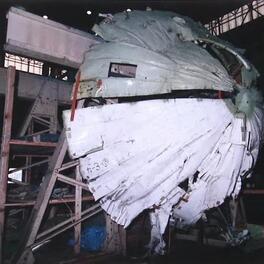This story revolves around a 9-year-old boy who tackled hardship after surviving a lonesome journey through the infamous Japan Airlines crash. The boy, travelling alone, emerged as a resilient survivor engraving an unforgettable story in the annals of Japanese aviation. The air crash, which is one of the deadliest in history, brought to light critical requirements for ensuring the safety of unattended minors during air travel.
Japan, being a collectivist society, values the wellbeing of its citizens highly—especially children's welfare. This kind of news is taken very seriously, and it often leads to nationwide discussions and pressure on the authorities to not just investigate, but tighten the safety measures afterwards. Legally, this could mean changes in aviation laws, specifically focusing on child safety during flights.
Similarly, in the US and the EU, air disasters involving children typically incite widespread media attention and public outcry. They result in re-evaluation and revisions of aviation safety rules. However, these regions tend to focus more on safeguarding unaccompanied minors through regulations that mandate airlines to provide flight attendants or adult co-passengers to look after them.

